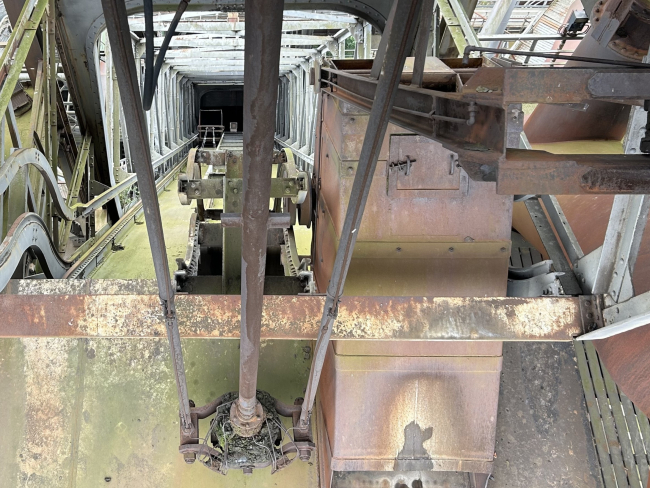The projects in this field of research examine the formation of unequal geopolitical relations between European societies and the states in Africa and Southeast Asia that have become independent since the 1950s. Focusing on expert knowledge, access to raw materials and (post-)colonial production structures, our research examines how and in what form the power asymmetries between Europe and the now sovereign states continued in the context of their partly fragile sovereignty and the genesis of development aid policies. We examine how existing knowledge was reorganized, how decolonization changed access to raw materials, knowledge transfers or the production of goods between Europe and the new states, and how European actors negotiated and practically enforced their position with local interest groups, national governments and international organizations. Our projects thus explore the important question of how the globally unequal distribution of knowledge, technology and resources contributed to the development of (post-)colonial asymmetries in the second half of the twentieth century, and how these post-colonial interactions shaped society, politics and the economy in Germany and Europe.
Knowledge, Technology, Resources

Bildinfo
